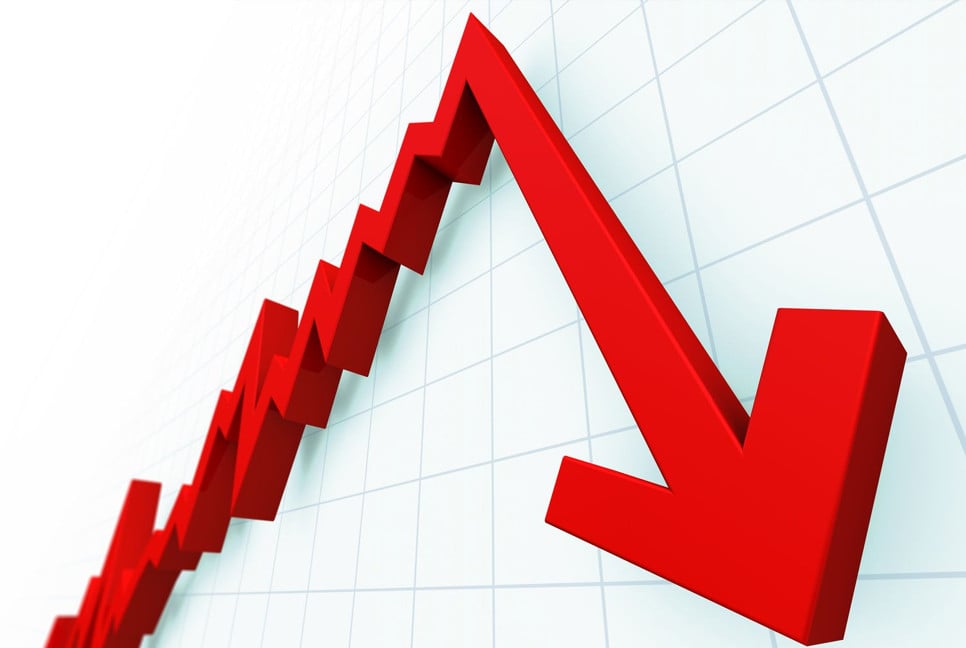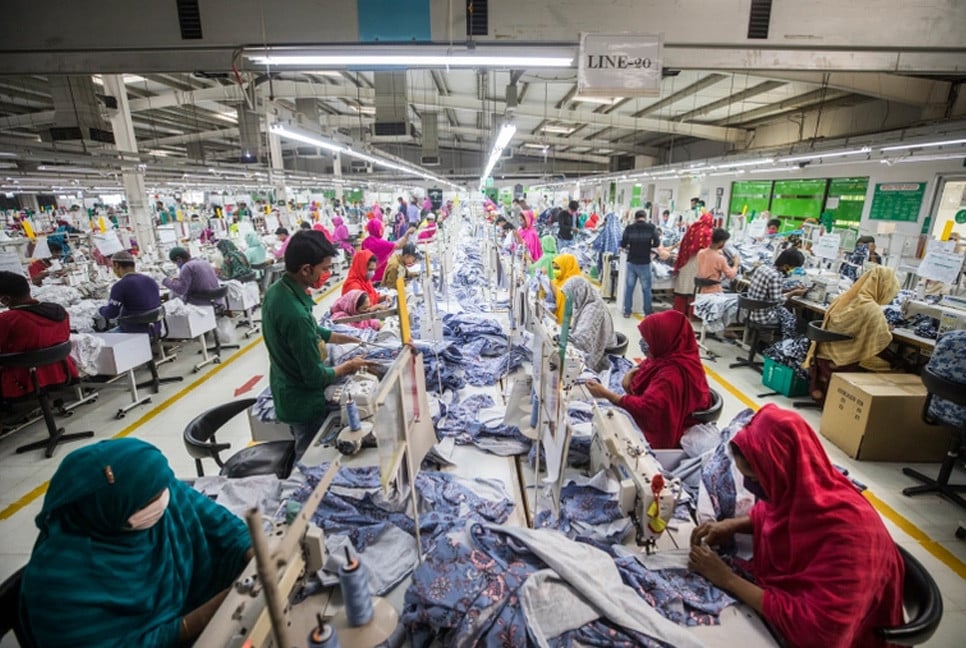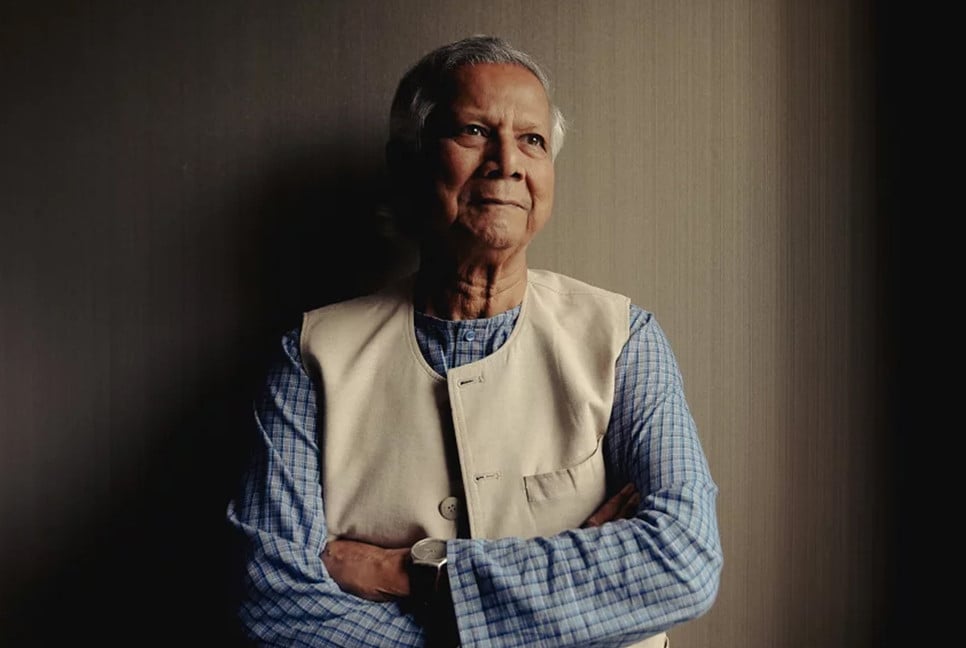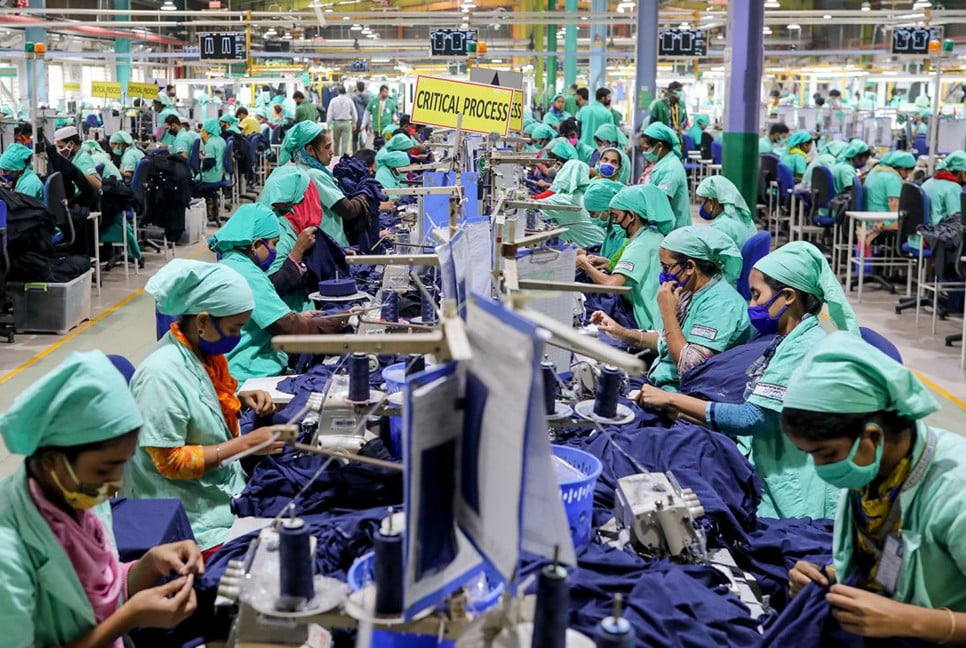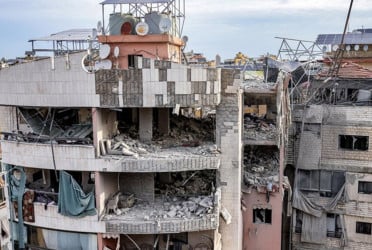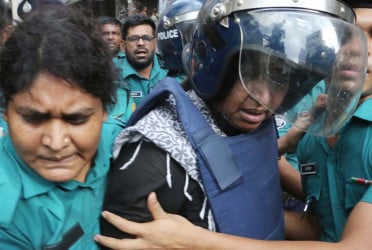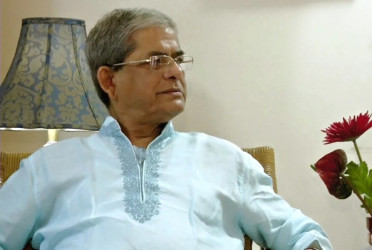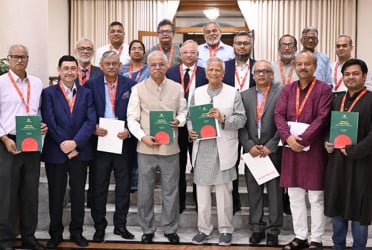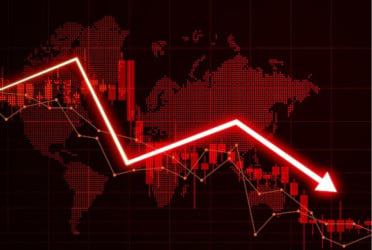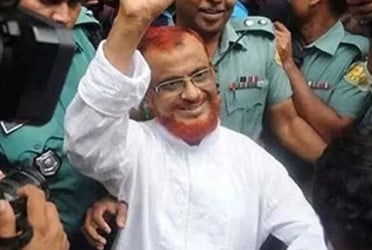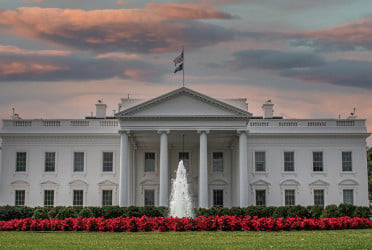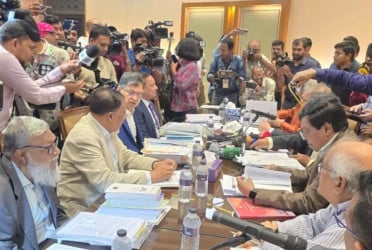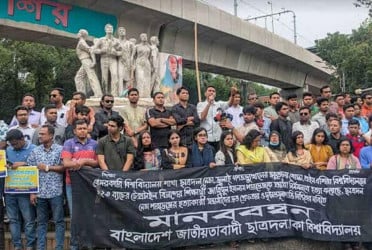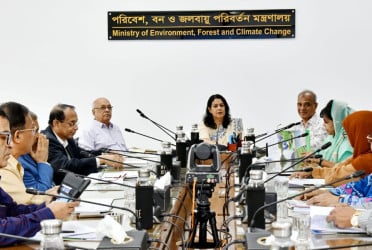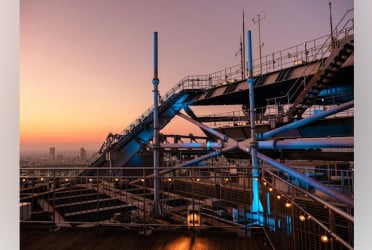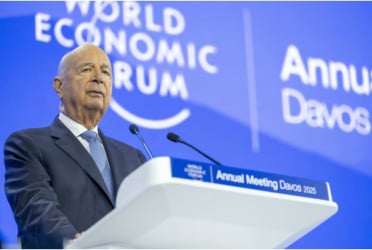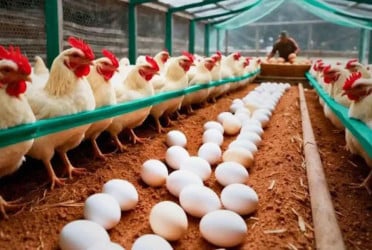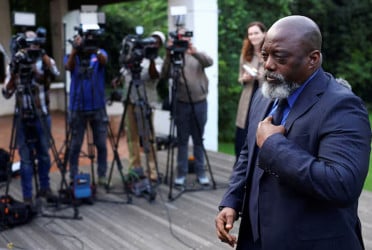The stock market has not been able to bounce back in the new year. The index continues to fall every day in the stock market.
Investors' equity is decreasing daily from their investments in the market. In the first month of this year, the stock market index has dropped by nearly 100 points.
At the start of last week, investors took to the streets to hold protests. After these protests, the index slightly increased in the five days of trading on the Dhaka Stock Exchange, but the share prices of most companies have decreased.
Market insiders argue that the stock market has been constrained, which is hindering its contribution to the economy. There are no quality companies available, and the existing ones are insufficient. As a result, investment security is not assured.
They emphasize that all forms of market intervention should cease in order for the stock market to recover.
The stock market has been experiencing a downturn since the start of this year. In January's 22 trading days, the DSE index dropped by nearly 100 points, and it only saw an increase on six of those days.
At the beginning of February, frustrated investors, having suffered financial losses, gathered in Motijheel and held a mass rally demanding 11 points.
Among these demands were the immediate removal of the Chairman of the Securities and Exchange Commission (BSEC) and the Chairman of ICB, along with the appointment of new, competent chairpersons. They also demanded that undue intervention by authorities in the market cease.
Additionally the rally demanded that companies must distribute at least 50% of their earnings as dividends. Financial institutions, including banks, finance companies, insurance companies, mutual funds, and ICB, must fully implement their investments in the capital market as required. The reforms of the task force must be communicated promptly to investors and market stakeholders through the media. At least 10 mutual funds managed by BSEC should be swiftly invested in the market. The force-selling mechanism must be stopped. After these demands were made, the market index slightly increased.
However, the share prices of most listed companies did not increase. During the five days of market trading, it was observed that out of 395 companies, including bonds and mutual funds, the share prices of 200 companies remained unchanged, while 195 companies saw a slight increase in their share prices.
Meanwhile, the government has formed a 10-member committee to restore stability to the market. Representatives from various regulatory bodies are members of this committee. The Secretary of the Financial Institutions Division is the committee’s chairman, while the Joint Secretary (Stock Market) of the Financial Institutions Division is the committee's secretary. The committee members include representatives from the National Board of Revenue, Bangladesh Bank, the Bangladesh Securities and Exchange Commission, the Insurance Development and Regulatory Authority, the Microcredit Regulatory Authority, the Financial Reporting Council, the Chairman of the Dhaka Stock Exchange, and the Chairman of the Chittagong Stock Exchange.
Saiful Islam, the president of the DSE Brokers Association stated that over the past fifteen years, the market has faced various irregularities and frauds. Due to these irregularities and frauds, the market has become stagnant.
He further stated that the regulatory authority, BSEC, will utilize its full powers to improve the market. However, they are dependent on the Ministry for decisions. This reliance will not restore market confidence or bring stability. Even though the commission has been granted full authority, it cannot act without instructions from higher authorities. This way, no stock market can stabilize.
(Translated by Afia Nanjiba Ibnat)

